১০ ফাল্গুন ১৪৩২
Financial Times Documentary
Billions of Dollars Were Laundered from Bangladesh During Hasina's Regime
12 September 2025 18:09 PM
NEWS DESK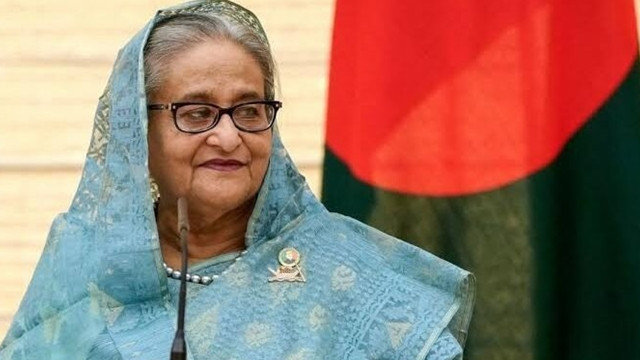
A new documentary by the Financial Times titled "Bangladesh's Missing Billions, Stolen in Plain Sight" claims that around $234 billion was allegedly siphoned out of Bangladesh during Sheikh Hasina's 15-year tenure as Prime Minister.
Protesters, experts, business figures, and politicians appear in the film, raising the question: how the money was taken abroad, and whether recovery is possible.
The film begins by placing Hasina's fall in context, featuring student-movement coordinators Rafia Rehnuma Hridi and Rezwan Ahmed Rifad, alongside South Asia bureau chief Jon Reed, former Bangladesh-based journalist Sujana Saviz (now FT's Agriculture & Commodity Correspondent), Spotlight on Corruption deputy director Helen Taylor, and Westminster lobby reporter Rafe Uddin. The team also analyses the role of Hasina's family in alleged foreign land holdings and offshore assets.
It alleges that much of the stolen funds, laundered through over- and under-invoicing, informal channels like hawala, and property transactions in the UK, ended up in London.
The documentary claims that some individuals connected to government and business elites, including Tulip Siddiq, Sheikh Hasina's niece, have been implicated in ownership of high-value foreign properties. Siddiq denies wrongdoing, calling such allegations politically motivated.
Experts appearing in the film, such as Professor Moshtaq Khan of SOAS and former judges, maintain that recovering any of the looted wealth will be a "years-long" challenge.
As one source said, "You can steal billions, hire the best financial counsellors, hide assets carefully — but tracing them back requires painstaking legal, diplomatic and forensic work."
The documentary also explores how anger over corruption, lack of transparency, and perceived impunity contributed to public unrest in 2024 — particularly among students. It argues that Bangladesh's reputation as a developing nation has made it vulnerable to capital flight and that its institutions were often unable or unwilling to prevent or punish the misuse of power.





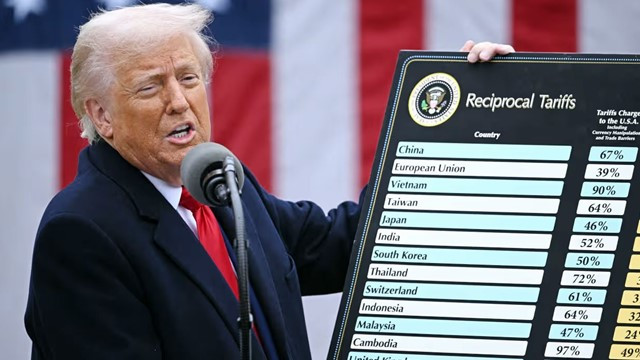
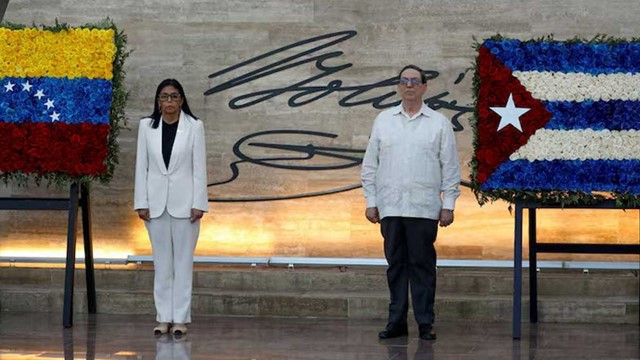


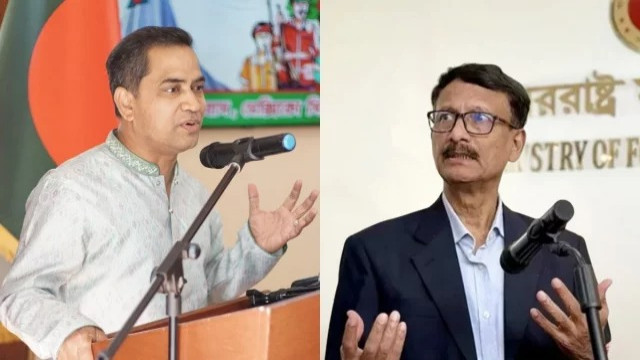


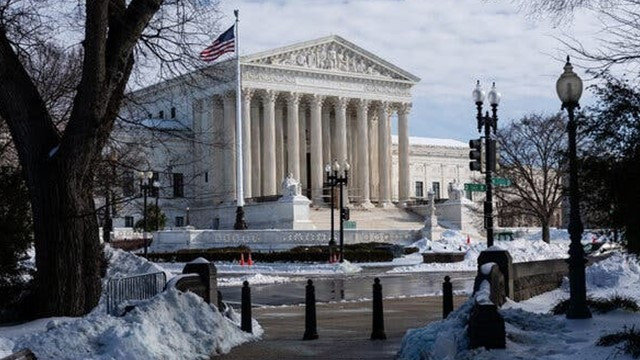


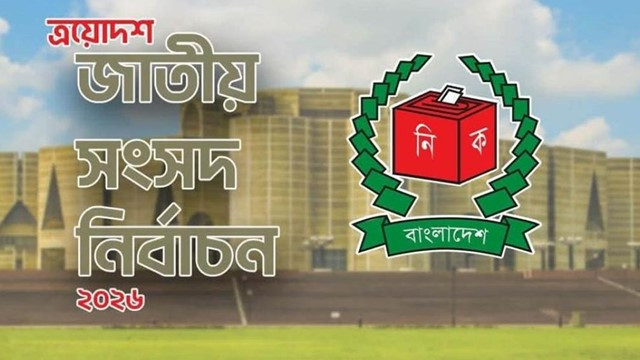
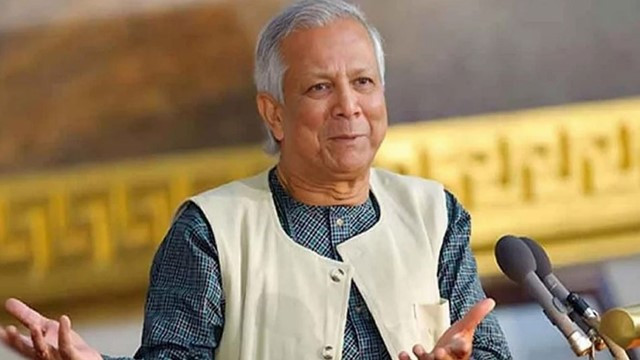
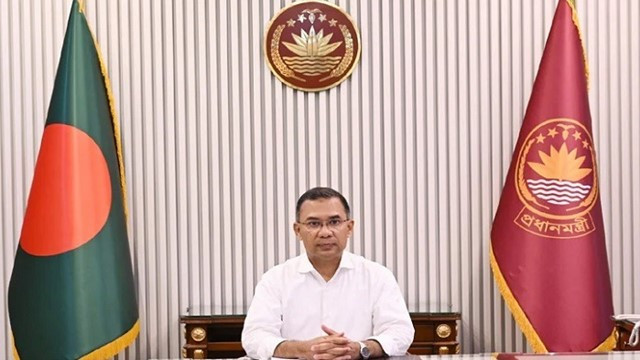
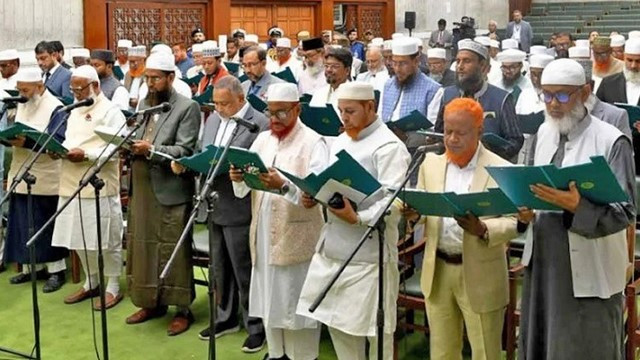
Comments Here: